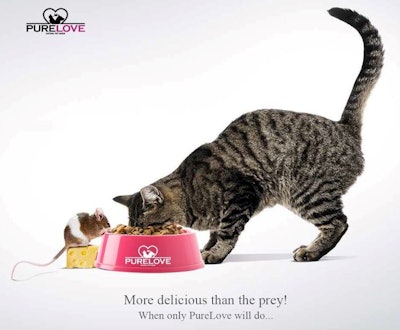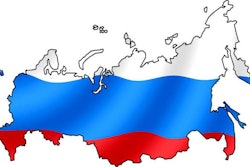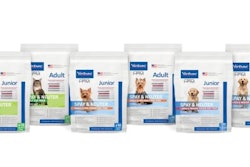
The Pakistan government raised taxes on 33 luxury goods categories, which includes pet food, from 17% to 25%. As the country continues to deal with inflationary pressures from a debt and foreign exchange crisis, the local and import pet food industry of Pakistan is struggling as well.
Imported pet food has been under scrutiny in Pakistan before, where an import ban was imposed in 2022 was expected to help the local pet food industry flourish. However, Ambareen Thompson, CEO of Wellness Food Processing, which operates the Pure Love Pet Foods brand, noted a mismatch between government policy and action.
“The government banned imported pet food,” said Thompson. “But then they allowed it again. Now it is coming in through ‘gray’ markets. On top of that, you cannot get loans that facilitate local business. Interest rates have shot through the roof — up to 20%. The price of oil has gone up 100%, while utilities have gone up 40%.”
‘Petflation’ in Pakistan affects global competition
Rafae Dossal, CEO of Waggles Pet Food in Pakistan, also explained that recent developments in the country are making it more difficult for pet food industrialists to conduct their business.
“Fuel and electricity costs have gone up,” said Dossal. “So have labor costs. The inflationary pressures are making it difficult for Pakistani pet food businesses to compete globally. There is limited policy reform that benefits the industry, and government institutions are not focused on setting up local industry and facilitating exports.”
Pakistan’s exchange rate has fallen by a dramatic 35% in the last year, which would have made exports cheaper normally. Yet, with high inflation and a dwindling foreign exchange reserve, Pakistani products are facing a tough time in the domestic and export-oriented markets.
“It is a very painful period for people involved in import and retail business,” Dossal added. “People who are earning in Pakistani rupees cannot afford food, let alone pet food. A regular can of dog food was PKR 450 (US$1.59) — now it is PKR 700-PKR 750 (US$2.48-2.66). It is costing us more to produce, and now it is costing people more as well. We have trouble competing with China and Thailand on the price point, in terms of the global market due to the economic downturn.”
Wellness Food Processing to close down
Thompson echoed similar viewpoints to Dossal’s, noting that closure of her business was imminent under the given situation — with a 25% sales tax and a lack on government support in the form of business loans for small and medium enterprises.
“The 25% sales tax is the final straw,” said Thompson. “I am now looking to shut down my plant since there is no support from the government. They are still allowing imported pet food and not providing support for local manufacturing. Our input costs have doubled, and people are not able to afford our products.
“Further, retailers are now refusing to put our product on the shelf due to the high cost,” she continued. “Some retailers are also struggling, so our money is stuck in the retail sector, with no legal recourse against bounced checks from retailers.”
















